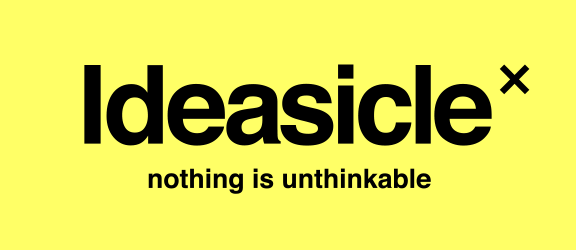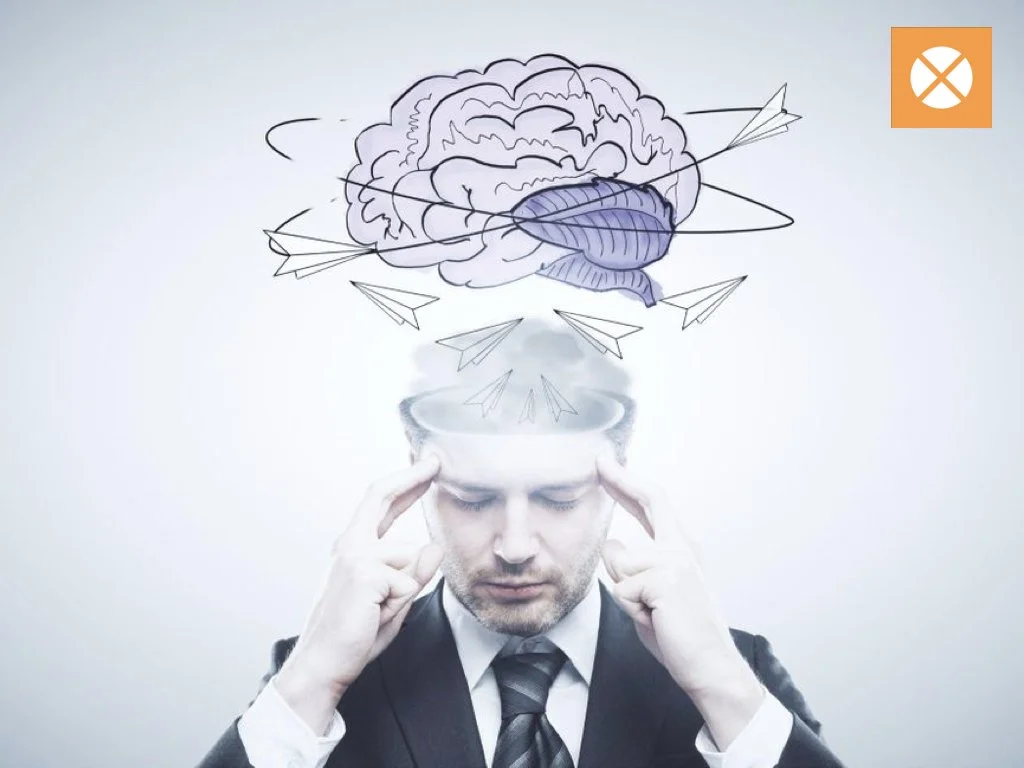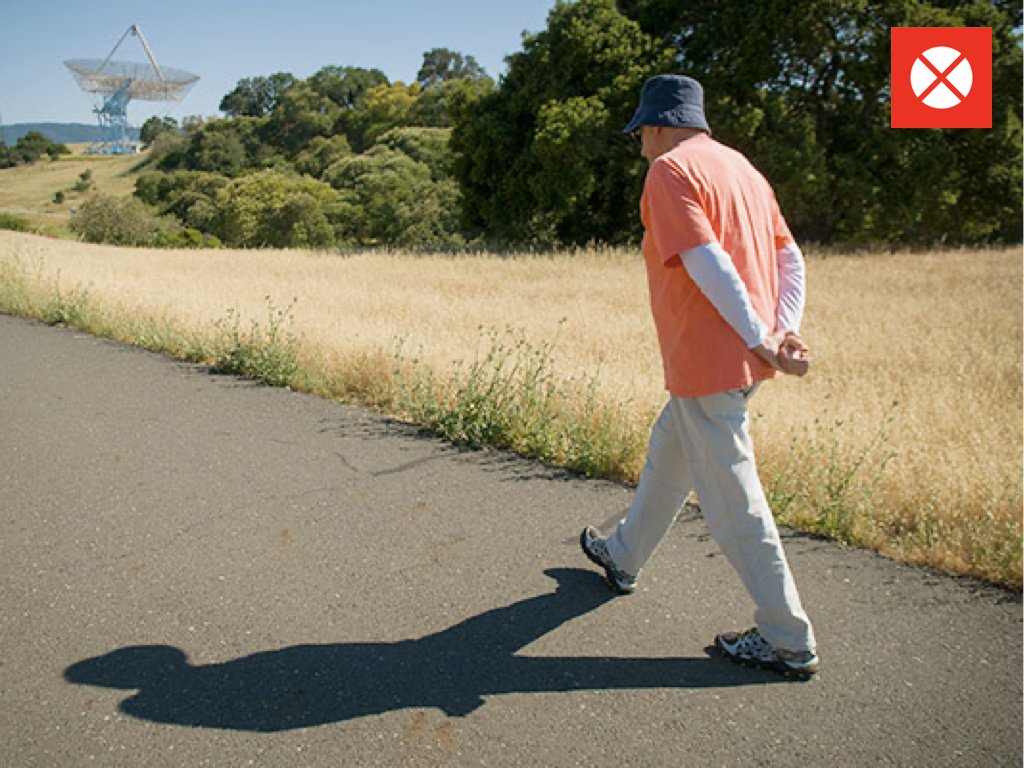Improve your creativity with science
We are always looking for new research into human creativity.
Below are our favorite studies (the last one is our REAL favorite), including buttons to the sources of the studies, but check back from time to time. We’ll keep adding new ones when we see them.
Psychedelics enhance creativity after use
A groundbreaking study published in Scientific Reports offers the most comprehensive analysis yet of how classic psychedelics, such as LSD and psilocybin, impact cognitive functions during and after use. Turns out psychedelics inhibit executive function when being used, but give people a creative "after glow” for 24 hours afterward. Hmm…
Online disinhibition improves creative output when working virtually
Twitter is a minefield of flame throwers, harsh criticism, and downright bullying. People say things on Twitter (or other social media) they would never say to someone’s face. The reason is we feel less inhibited and more anonymous when communicating online and not in person. But what’s bad for Twitter is really good for creativity. It’s called “online disinhibition” and we have found when teams are working virtually they are more likely to post what may be a risky idea because they feel less inhibited. Less fear means more risks, more ideas, and ultimately better ideas.
Creative achievement is associated with “leaky” sensory gating
Misophonia is the inability to focus because a person is very easily distracted by sounds, unable to filter out the noise vs the signal. But it comes with a major side benefit according to a recent study: people with misophonia are more creative. Another example of how the hampering of our ability to focus increases creativity. In this case, like those with ADHD, misophonia sufferers can’t escape it. But maybe that’s not all bad!
Emotional reappraisal improves creativity in conventional thinkers
Research from Washington State and UC Irvine suggests that conventional thinkers (people who tend to be closed minded, less creative) can unlock their creativity if they practice breaking away from their current emotional perspective. As in, watch something that would normally make you angry and then try to actively reframe your perspective/emotional response. Something creative people can already do.
smartphones make you less smart creatively
Research from Social Cognitive and Affective Neuroscience provides unprecedented neuroimaging evidence on the negative impact of smartphone addiction on creative cognition. If you’re always focusing on your phone, there’s no room for new ideas to enter.
WALKING INCREASES CREATIVITY BY 60%
Research out of Stanford found that we are 60% more creative when we are walking, regardless of whether that’s indoors, outdoors or on a treadmill. Walking gives your working memory something to focus on, which means it’s less likely to weed out “irrelevant” thoughts. 60%!
DAYDREAMS INCREASE CREATIVITY WHEN TETHERED TO SOME REALITY.
The Schooler Lab at UC Santa Barbara proved that not all daydreaming is equally productive when it comes to creativity. When daydreaming while doing menial tasks like gardening, washing dishes or showering, we are more creative. These menial tasks give our working memory something to focus on, thereby making it less able to weed out “irrelevant” thoughts. Detecting a pattern here?
CREATIVITY INCREASES DURING NON-OPTIMAL TIMES OF DAY.
Research from Mareike Wieth at Albion College showed consistently greater performance with insight problem solving occurred during non-optimal times of day (when tired). Apparently, when you’re tired you’re less able to focus and “irrelevant” thoughts can come through.
JUST IMAGINING YOURSELF BEING SOMEWHERE ELSE INCREASES CREATIVITY.
Anything that we do not experience as occuring now, here, and to ourselves is psychological distance. And creating it tricks us into being more creative. Just imagining yourself walking in the Sahara Dessert is enough to liberate your mind.
COFFEE SHOP NOISE IS THE PERFECT AMOUNT FOR CREATIVITY.
A study by researchers at the University of British Columbia and the University of Virginia suggests that moderate ambient noise can boost your ability to come up with creative ideas. It’s just enough distraction to occupy our working memory, but not so much we can’t think.
MODERATE AMOUNTS OF ALCOHOL INCREASES CREATIVITY.
Professor Andrew Jarosz of Mississippi State University found that those who were brought to the legal limit of intoxication (0.08% blood alcohol level) were better able to solve creative problems. Again, our working memory doesn’t work as well while under the influence so…more ideas.
SENSORY DEPRIVATION THROUGH FLOATATION THERAPY INCREASES CREATIVITY.
Donal and Deborah Forgays proved that by eliminating all of the incoming "noise" - where nothing is focused on - floatation therapy leaves the street wide open for inside-out creativity.
PRIMED WITH GREEN SUBJECTS ARE MORE CREATIVE.
A study out of the University of Munich proved that priming subjects with the color green prior to creativity tests improved creative performance. I have absolutely no idea why green primes creativity, but there you go.
PEOPLE WITH ADD TEND TO BE MORE CREATIVE.
Shelley Carson from Harvard and Jordan Peterson from The University of Toronto have found that reductions in latent inhibition, ability to filter out information previously experienced as irrelevant, mean greater creativity. People with ADD are less able to focus at all, thereby allowing more thoughts into consciousness.
IF YOU TAKE A PLACEBO, YOU WILL BE MORE CREATIVE.
A study from Lior Noy and Liron Rozenkrantz at the Weizmann Institute of Science in Israel proves that the power of a placebo increases creativity. They used the aroma of cinnamon to trick subjects into thinking they were receiving a creativity enhancement. It was only cinnamon, but the improved creativity was real.
DIM LIGHTING INCREASES CREATIVITY.
Anna Steidle of the University of Stuttgart did a study that found rooms that are dimly lit yielded better creative thinking than bright rooms. Could be that the more invisible we feel, the less self-conscious we become and, therefore, less fearful we are of new ideas.
LUCK COMES FROM INSIDE, NOT OUTSIDE.
Researcher Richard Wiseman conducted a simple, brilliant study to get at the concept of luck. Turns out, luck comes from your outlook on life and isn’t some unseen force on the outside. An idea is a good thing that “happens” to you, right? Increase your luck for ideas by understanding this study. It’s totally fascinating and my favorite of all.
We will always be adding new studies we find interesting.
So bookmark this page and come back frequently. Also, follow us on the socials below and we’ll post new ones there.


















